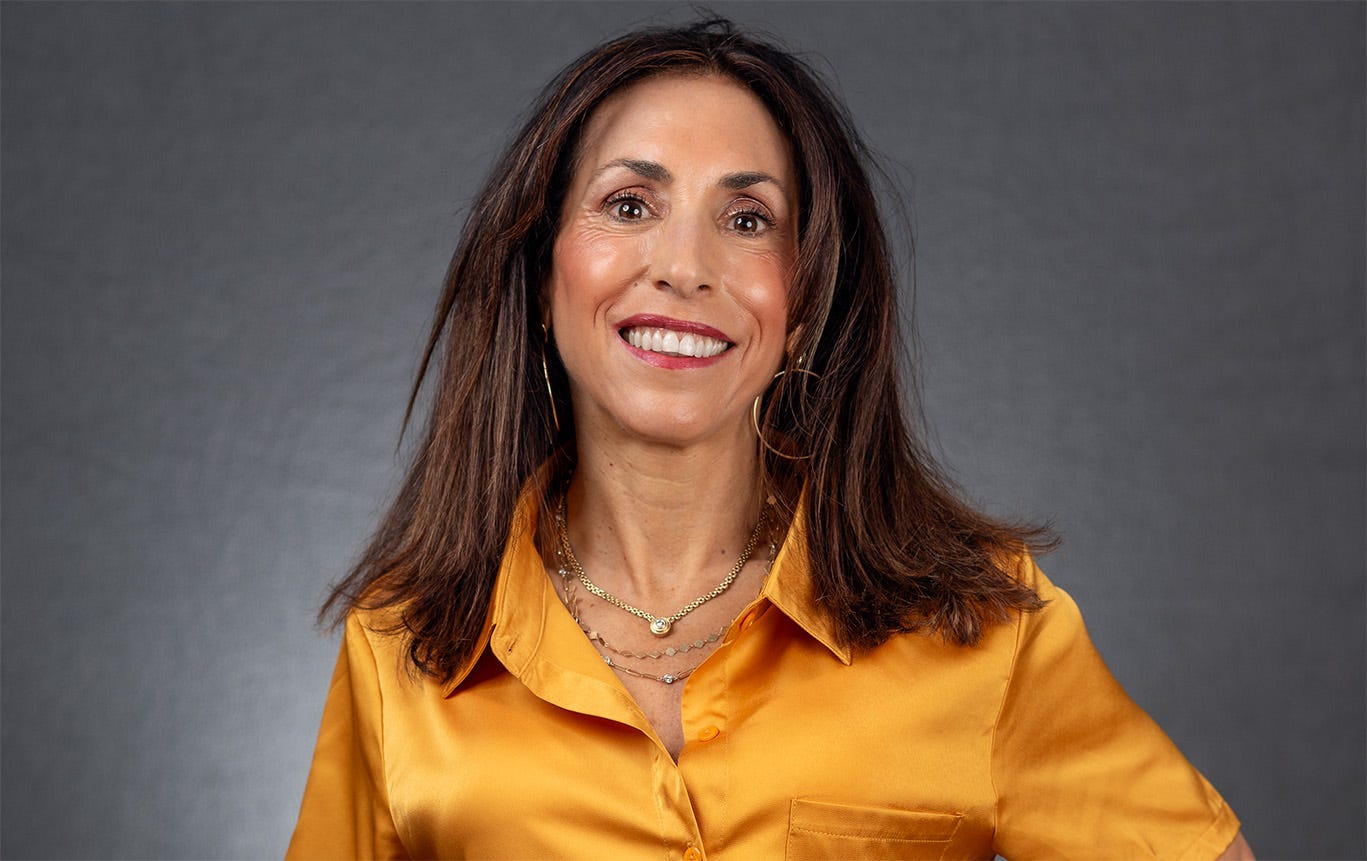How to Bring Encouragers and Truth Tellers into Our Lives
And how to make sure the truth tellers are communicating in a way that you can accept
Some of us have truth tellers and encouragers in our lives. Not everyone of us, for whatever reason, is so fortunate. They aren’t just “nice to have” though. They are valuable and necessary, as a recent email newsletter detailed.
Why though are they critical for our well-being?
“Because life is messy,” says Lynn Zakeri, a Licensed Clinical Social Worker. “It’s full of self-doubt, tough decisions and moments when we forget who we are.”
Our emotional and psychological self crave and need positive people.
“Encouragers help us stay anchored,” Zakeri says. “They remind us of our strengths when we forget them. They notice our growth when we are focused on the feeling of being stuck.”
Finding people who will assertively be honest is an asset to the direction we move.
“Truth tellers matter just as much,” Zakeri says. “A good one doesn’t just point things out. They speak with compassion, not criticism.”
She elaborates about what this type of person can look like up close.
“Instead of ‘should’s,’ they offer insight. They’re the ones who help us see what we may be avoiding but in a way that doesn’t make us feel ashamed or judged,” Zakeri explains.
“If you’re looking for one, look for someone who’s honest without being harsh, who sees your potential and tells the truth because they want to see you thrive.”
“And if you want to be (a truthteller), start with curiosity instead of judgment,” Zakeri recommends. “Ask before assuming. Truth lands better when it’s shared with kindness, timing and the willingness to stay present after it’s spoken. When we pair truth with encouragement, we create the kind of connection that actually moves us forward.”
In Her Own Life
Zakeri provides an example of what this type of experience can sound like. She details a situation from her marriage.
“When a recent podcast episode of mine went live, I hadn’t listened to it yet and I told my husband I was nervous,” she recalls.
“I wasn’t sure how I came off and in hindsight I worried it might feel cringe or even a little embarrassing. But instead of offering vague reassurance like ‘I’m sure it’s fine,’ he reminded me of something deeper: that I’m a strong communicator, that he trusts how I show up in every setting and that he was genuinely looking forward to hearing it.”
It resonated well.
“He knows me well enough to offer both comfort and truth and if there was a part that didn’t land well, I know he’d be the first to lovingly tell me,” Zakeri says.
“And I’d listen, because I trust and value his feedback.”
When We’re Seeking a Sincere, Encouraging Person
“Not everyone grows up with an inner circle that reflects safety, validation and affirmation,” Zakeri says.
“Many people grew up around tough love that can feel critical and controlling. And over time, we can internalize that tone and start believing that’s what support is supposed to sound like.
“So when real encouragement comes: kind, genuine, affirming — it can feel foreign or even suspicious,” she details.
You Can Invite These People into Your Life
“Encouragement can be found and nurtured later in life and often it begins by paying close attention to how you feel around others,” Zakeri says.
“Who makes you feel safe to be yourself? Who notices and celebrates your effort, not just outcomes? Who listens with presence rather than performance?” she rhetorically asks.
“Start by paying attention to how you feel around people. Who leaves you a little lighter? Who celebrates your wins without comparison or competition? Who listens without trying to fix you? These are the people to lean toward.”
I Don’t Know Anyone Like this in My Life
“I often suggest looking in places where authenticity is encouraged and vulnerability is welcome,” Zakeri says, going on to list where such places might be to look:
“Support groups, book clubs or volunteering opportunities create shared spaces where people drop their guard a bit,” she offers as possibilities.
“You're gathering around a common experience or value, not just small talk, which allows for more meaningful connection. These are the places where you’re more likely to be seen and supported for who you are, not who you’re trying to perform as.”
There is Always Professional Support
“Honestly, this is my role as a therapist for some people,” Zakeri says. “When they develop this trust in me and in themselves, it can have ripple effects to other relationships.
“And one more piece of this: if you want to attract encouragers, try being one. Encouragement is contagious. When you’re sincere and generous with your words, you model a way of relating that invites people to meet you there.
“It’s not about being overly positive, it’s about being real and kind at the same time.”

Having truth tellers around us may, in more situations, be more difficult yet it’s vital to have such people in our lives who know us well can can speak honestly with us in our language, as in a way that they know we will feel safe and accept. This approach however may still need to be clearly communicated.
“I love the idea of truth being offered ‘in our language,’” Zakeri says. “We all process the world differently. Some of us need warmth and time to reflect, while others prefer directness.
“Feedback lands best when it considers how we’re wired emotionally, how we’ve experienced truth in the past and what helps us stay open instead of shutting down. It’s not just what is said. It’s how and when it’s said that makes all the difference.”
Defensiveness
We may know we’re reactive and act roughly to hearing people speak truth to us, even if it is presented respectfully and sensitively. Yet if people come on too strong, there are responses that can help correct that approach.
“Of course, truth-telling can bring out defensiveness in someone,” Zakeri says. “I always say, it’s all in the presentation. You can express the same concern in a way that invites connection instead of conflict.
“Instead of ‘Your delivery was harsh,’ you might try, ‘When we spoke earlier, I felt myself reacting and wanted to be sure I understood your intention. Were you upset with me, or was there something you wanted me to reflect on or make right?’
“Truth-telling isn’t just about what we say; it’s about the relationship where you are safe and respected,” Zakeri points out.
There is an important piece of advice that Zakeri offers.
“If we want to receive truth in a way that actually helps us, we have to name what we need,” she says. “That might sound like, ‘I want you to be honest with me, and please don’t assume I already know what I’m doing wrong,’ or ‘I really want to hear your perspective and it helps me when you share it with clarity and care, not in a way that feels sharp or like I’m being scolded.’”
A Little More About Asking for Sensitivity
“‘I really want to hear your perspective, but I’m sensitive to tone. Could you share it in a way that helps me stay open?’ can shift the entire dynamic,” Zakeri suggests.
“At this point in my life and work, I’ve learned that the right people — the ones who speak truth with love and remind me who I am — are the ones who make me clearer, stronger and more grounded in who I want to be.”
*Communication Intelligence Extra, a special feature, is now free to all readers.*








